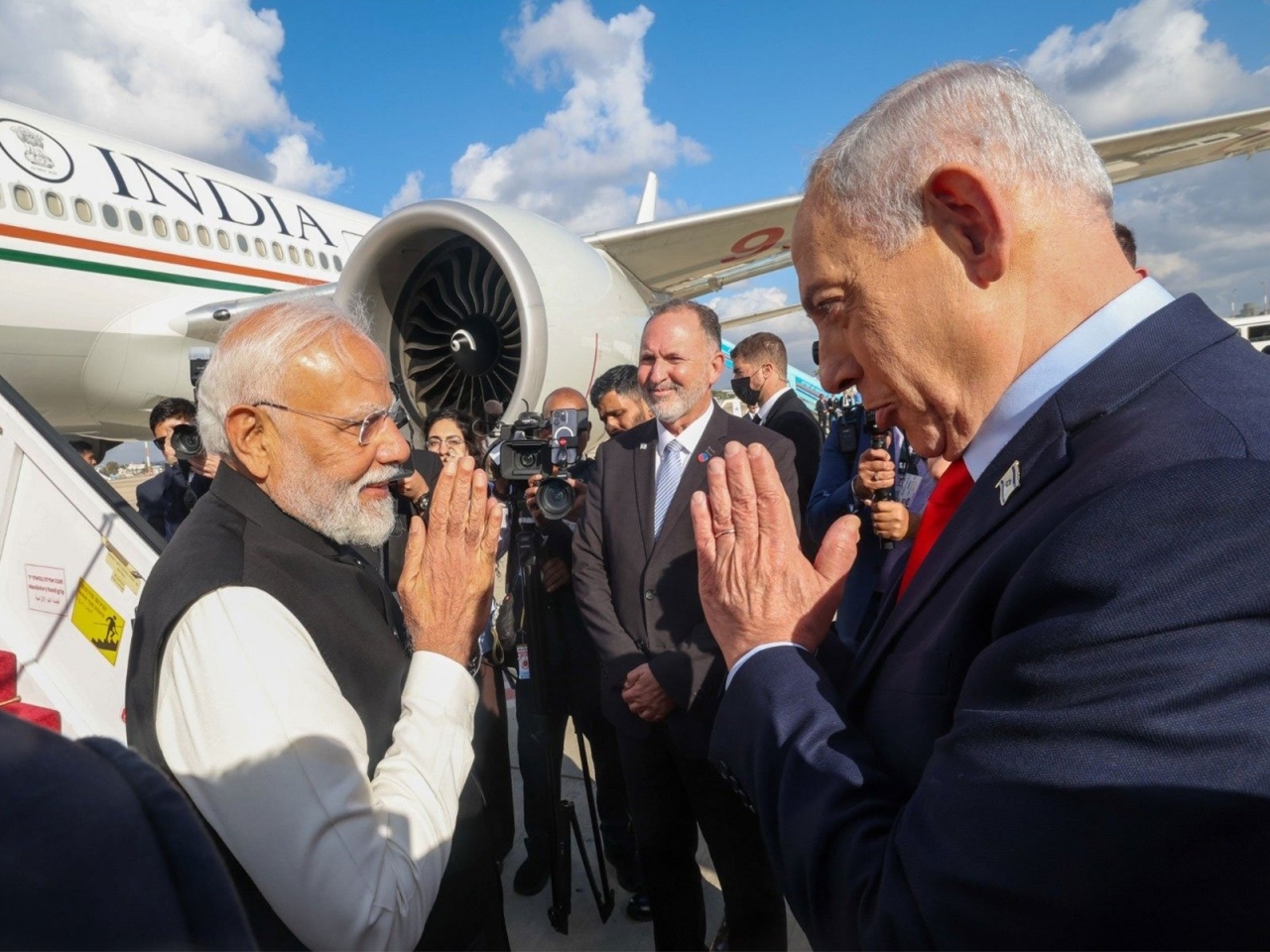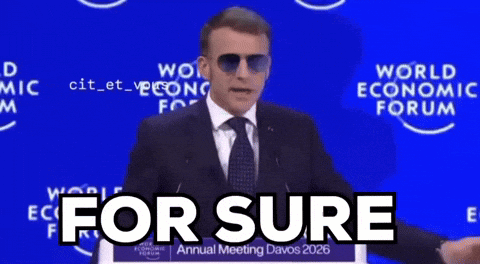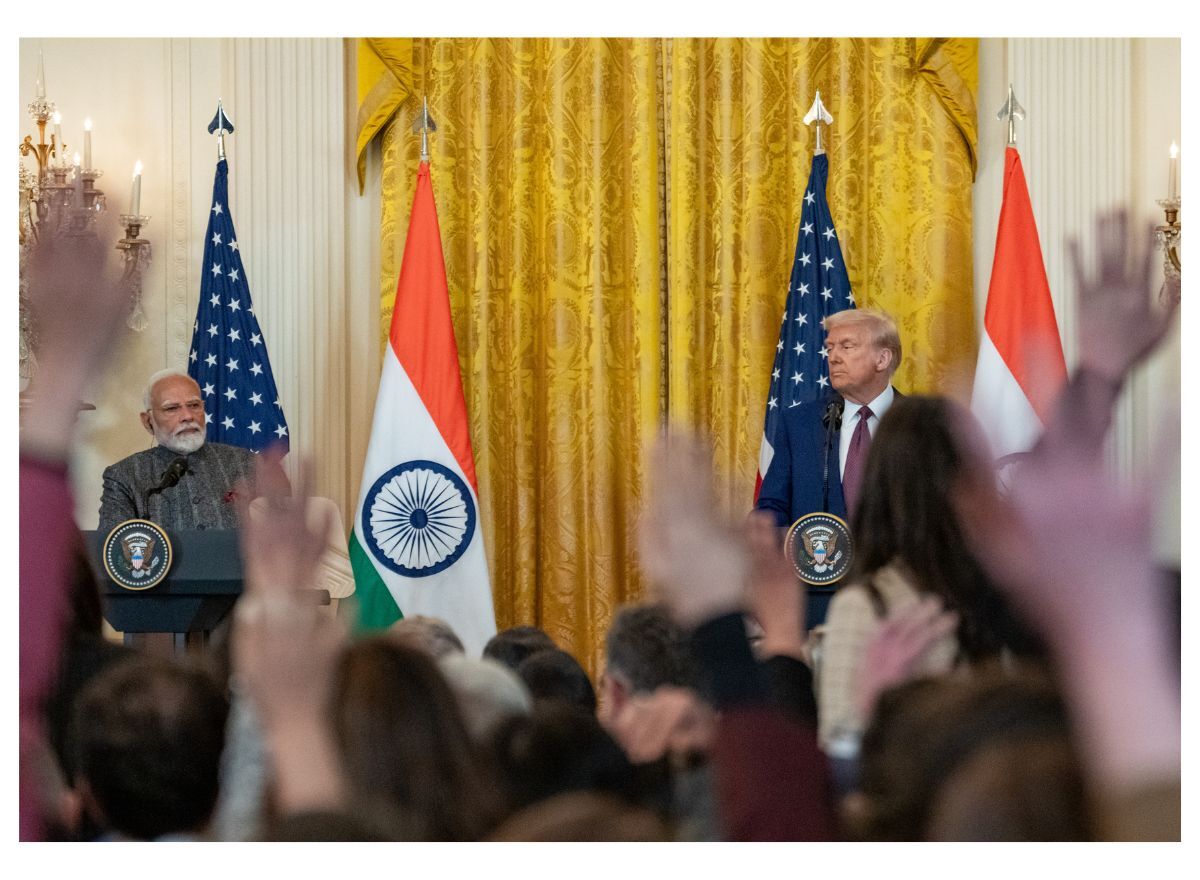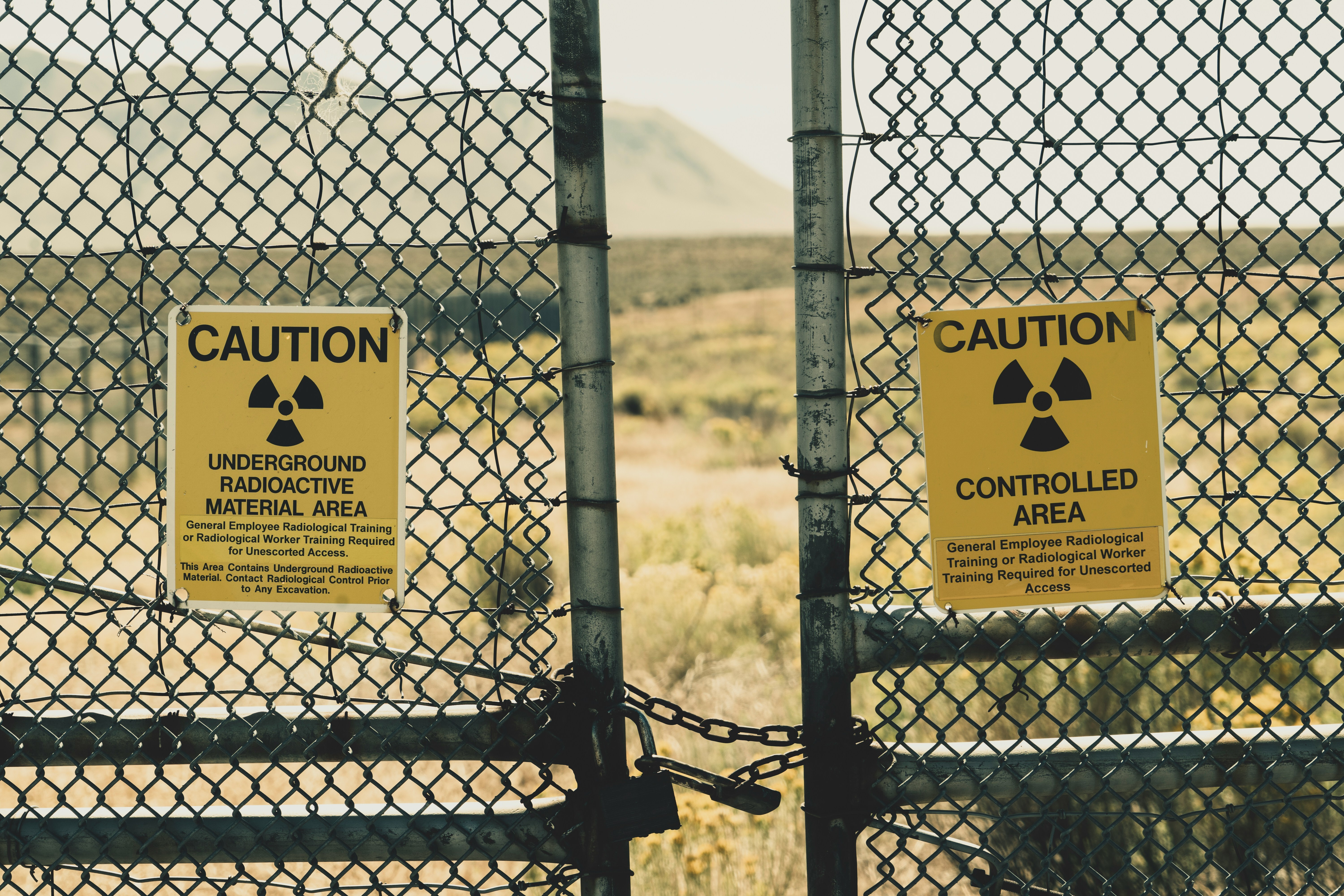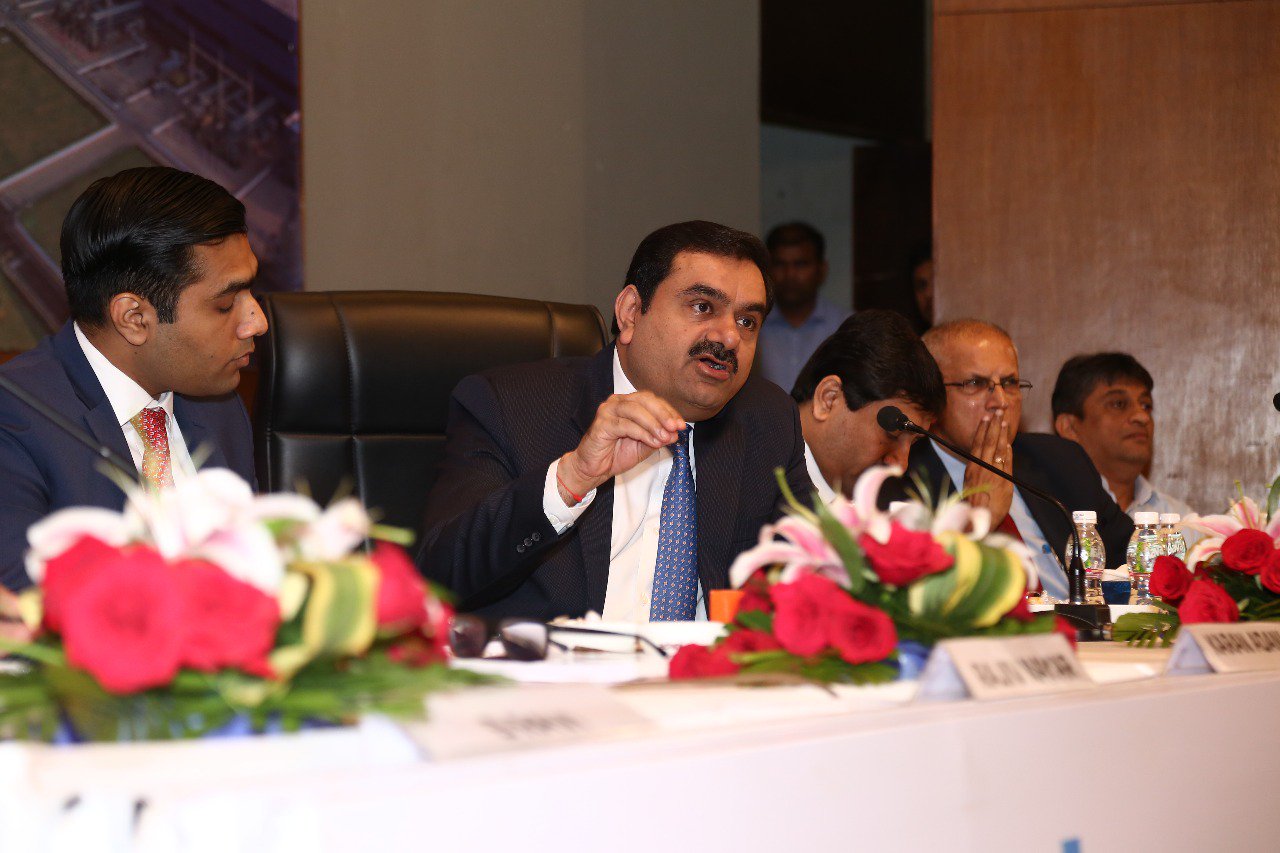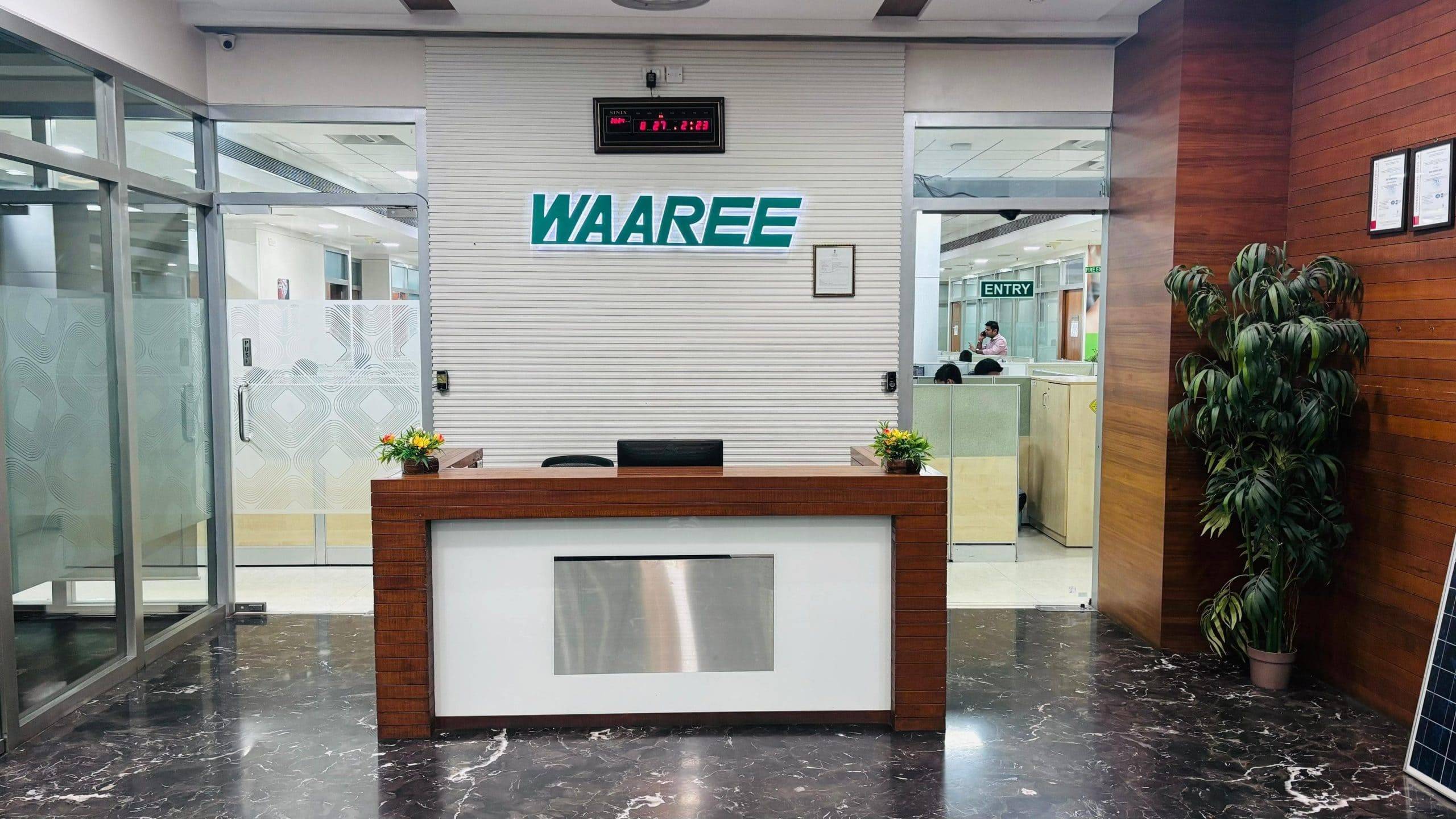How the environment ministry lets Coal India break the rules
Overlooking the poor record of the public sector unit’s mines on checking pollution and complying with environmental safeguards, it approves their expansion requests under a special arrangement.
30 April, 2022•16 min
0
30 April, 2022•16 min
0
Getting your Trinity Audio player ready...

Why read this story?
Editor's note: In 2017, as India faced a crisis due to the shortage of coal, the Ministry of Environment, Forest and Climate Change offered a special concession to India’s coal mining sector. It allowed existing mines to expand their output by up to 40% without conducting a public hearing in affected areas. At the time, many of India’s biggest coal mines—such as the Gevra mine in Chhattisgarh, India’s largest supplier of power-grade coal—were known to be causing air and water pollution in the areas around them and for flouting environmental safeguards. Public hearings are avenues for local residents to raise concerns over pollution that could be caused or enhanced by the increase in coal output, and highlight violation of commitments made in the past by the coal miners. So, in its 2017 order, the environment ministry said that only those coal mines that had managed to keep key pollutants in the mine area under permissible limits, satisfactorily complied with environmental safeguards and would not increase the land area of the mine would be given the special concession. Since then, 30 coal mines …
More in Chaos
Chaos
Why UAE’s stability premium is under question
For years, the country has been insulated from West Asia’s conflicts. Six days into the Iran war, that status is under strain—and investors could be recalibrating.
You may also like
Business
A chaotic week for Adani group speaks volumes about India’s energy scene
From crippling solar tariffs and a sovereign fund exit to revived power contracts, a turbulent week highlights the group’s contested yet indispensable role in India’s energy transition.
Business
Growth alone isn’t enough, Waaree needs to do more
The solar module maker’s investors want proof of its durability in the face of a leadership change and a costly push into energy storage.
Chaos
The SHANTI Act and the quiet transfer of nuclear liability
India’s new nuclear law caps corporate liability, weakens oversight and leaves taxpayers to foot the bill when things go wrong.

